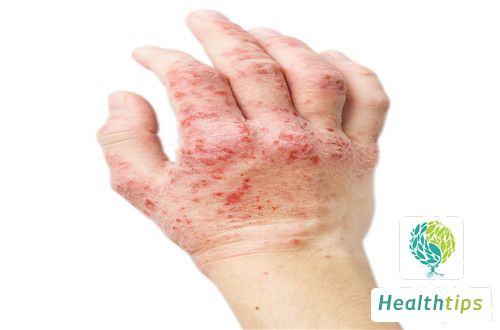Why Does My Throat Feel Like It Has an Unpleasant Odor?

The feeling of an unpleasant odor in the throat is not necessarily a problem with the mouth. It is likely caused by excessive food debris in the tonsillar crypts, which can easily breed bacteria and lead to tonsillitis. In such cases, it is necessary to use antibacterial and anti-inflammatory drugs under the guidance of a doctor while maintaining oral hygiene to effectively resolve the odor issue.
The odor emanating from the throat is often caused by excessive food debris in the tonsillar crypts, which is closely related to tonsillitis. Therefore, once such a condition is noticed, it should not be overlooked to avoid delaying treatment and leading to the development of tonsillitis, which would be counterproductive. Patients should promptly rinse their mouths with diluted salt water to eliminate oral bacteria and take antibacterial and anti-inflammatory medications such as cephalosporins and amoxicillin to control the inflammation and eliminate the condition at its early stage, thereby reducing the impact of the disease on the body.
There are also many precautions to be taken when dealing with throat odor. In daily life, it is essential to maintain good personal hygiene, especially oral cleanliness. Brush your teeth regularly in the correct manner, and it is advisable to visit the dentist for regular teeth cleaning, which greatly benefits oral health. After each meal, patients should rinse their mouths with water to minimize the residue of food debris, which greatly helps prevent recurrence of the condition. Additionally, it is important to establish healthy lifestyle habits, including active participation in physical exercise to improve physical fitness and enhance immunity, which can effectively alleviate the patient's condition.
1. Mouthwash: Regular mouthwashing with fluoride-containing mouthwash can help prevent tooth decay and maintain a balanced and stable bacterial environment in the mouth, thereby promoting oral hygiene.
2. Brushing: Brushing teeth at least twice a day can greatly maintain oral cleanliness, prevent tooth decay, and make breath fresher.
3. Interdental Cleaning: Even with careful brushing, it is possible for food debris to accumulate in the gaps between teeth, leading to oral diseases. Tools such as dental floss can be used to clean these areas and keep teeth cleaner.
4. Regular Dental Cleaning: Dental cleaning can effectively remove plaque and stains from teeth, but it can also damage tooth enamel if done too frequently. Therefore, it is recommended to schedule regular dental cleanings to avoid harming tooth enamel and causing oral diseases.
In conclusion, oral hygiene plays a crucial role in maintaining overall health. It is essential to maintain good oral hygiene practices to prevent diseases that can enter the body through the mouth and promote healthy, bright teeth that enhance self-confidence.



















